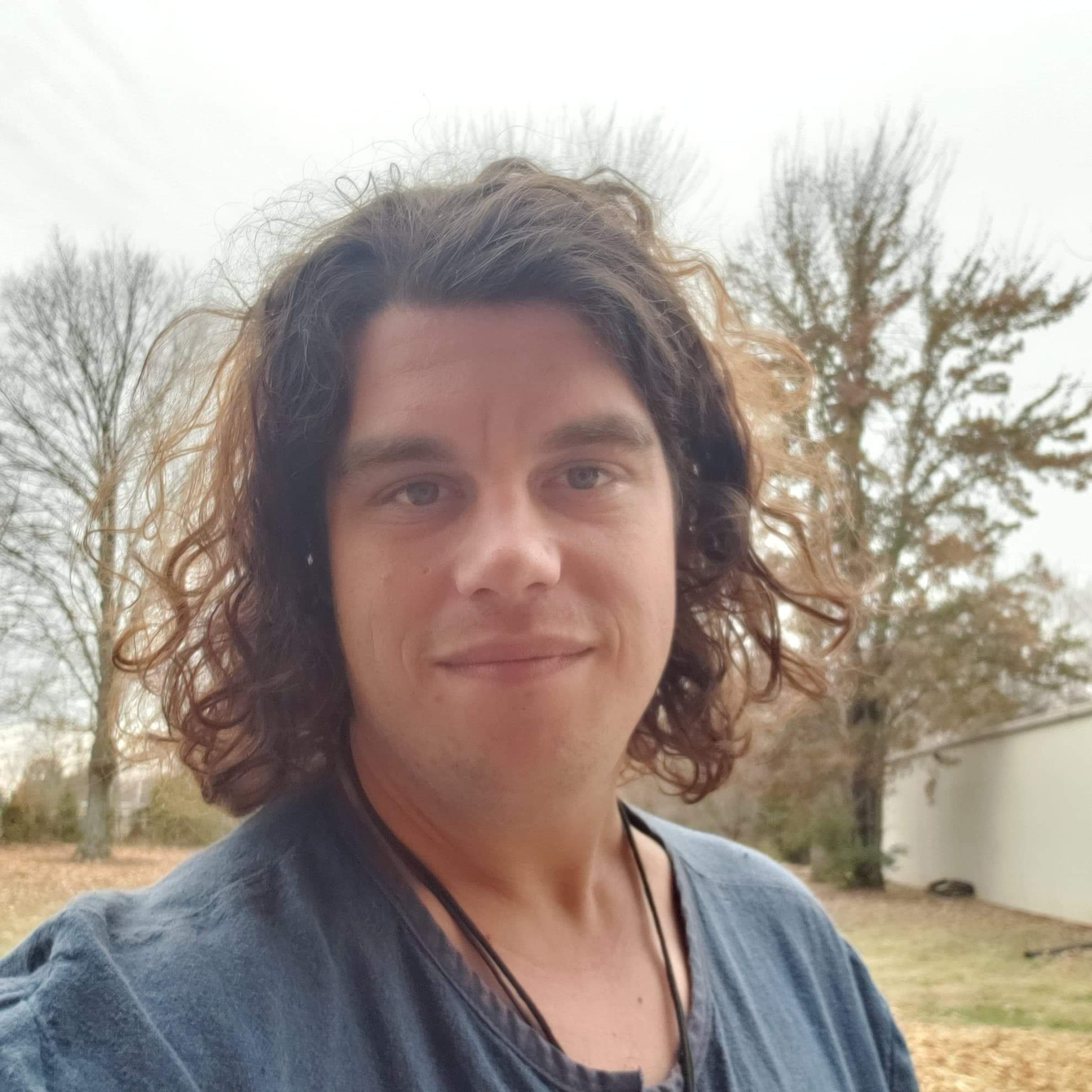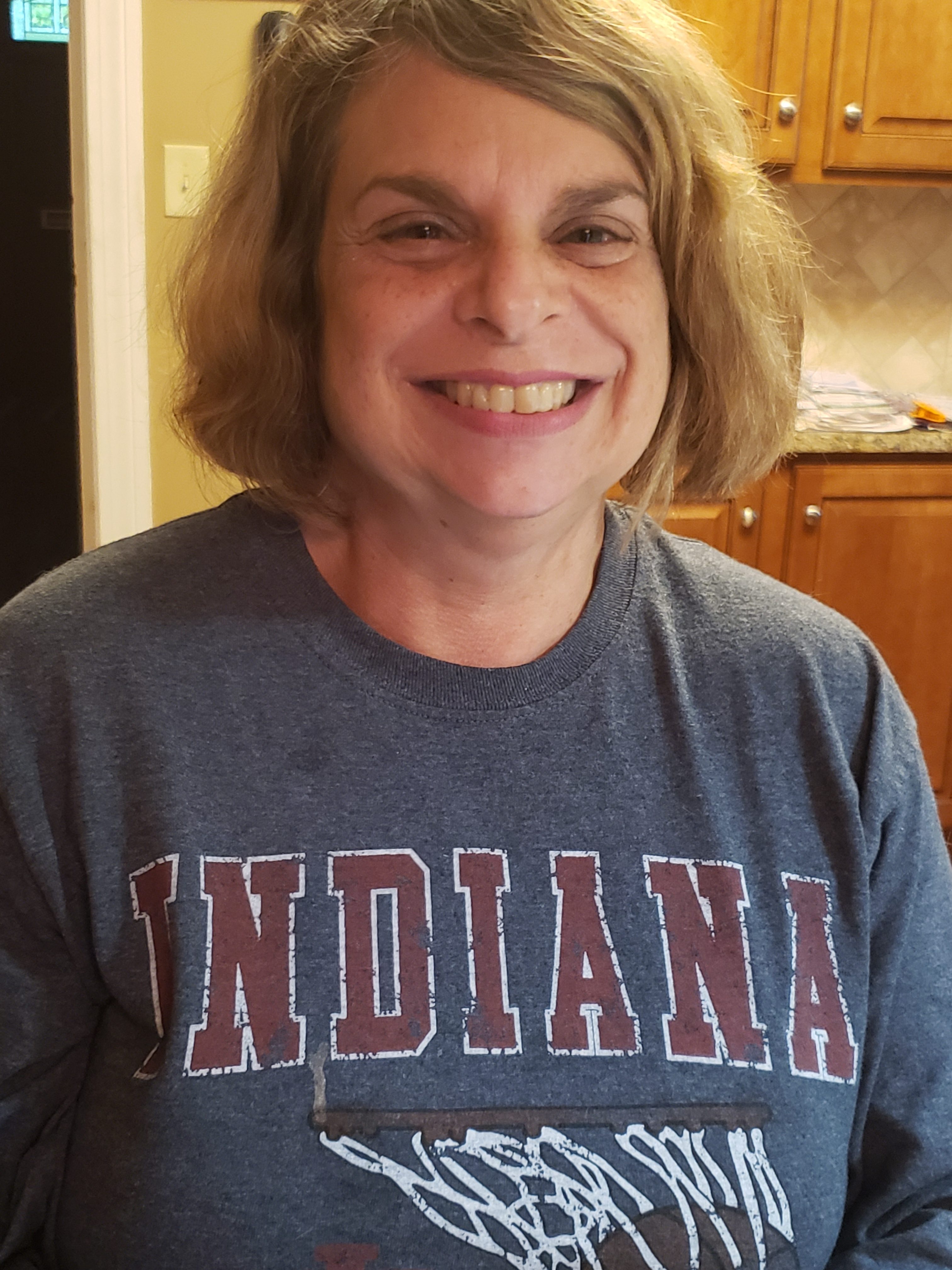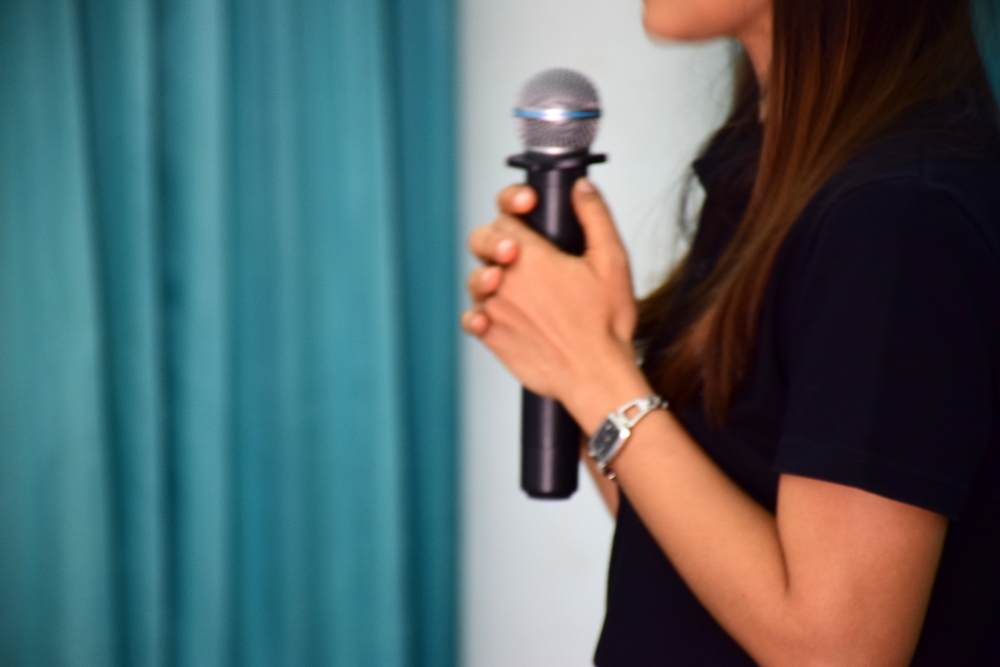My infertility story begins even before I was married 40 years ago. During an exam with my then ob-gyn, I was informed that I had Stein-Leventhal Syndrome, or, as he referred to it back then, “too much male hormone.” The syndrome is now known as Polycystic Ovarian Syndrome and is much more commonly recognized. I was told that I might have more trouble getting pregnant but not to worry about it.
I married my college sweetie at age 23 and five years later we attempted to become pregnant. No luck. I was referred to an infertility specialist (a very new field at that time) and was started on Clomid. I got pregnant but miscarried at least 3 times. So, on my next pregnancy I was started on progesterone with some success.
Around this time, my best friend was dying of leukemia. We made a “pact” of sorts. I was going to stay pregnant and she was going to live. Unfortunately, neither happened. At around 22 weeks I noticed the baby stopped moving much and I had been told she was kind of small for the date I knew I had conceived (the doctor tried to tell me I had the date wrong).
On Clomid you have 3 days a month you can try to conceive and I knew when it happened. Don’t get me started on doctors who think they know about than you do. Anyway, after some serious nagging the doctor finally had me come in.
The baby, a girl, had stopped growing in utereo. I was slapped in the hospital, underwent multiple tests, but eventually, after about 10 days, she was delivered dead.
The ob-gyn, who knew he had blown it, referred me to another doctor for the delivery. When I went in for my post-partum exam with the other doctor, I was somewhat hysterical. I told the doctor my story and told him that I couldn’t do this anymore and wanted to adopt. As a miracle (and making a long story short) our son’s birth mother was a patient of his and agreed to let us have the baby.
Anyone who has adopted can tell you the process is never easy, and included many concerns and fears, but our son arrived home one day after my originally scheduled due date. My husband thinks I am nuts, but I am convinced my deceased friend was my guardian angel in this. When our son was two, I went back to the high-risk doctor to investigate whether another pregnancy was viable. At that time, about 30 years ago, I was told that I had a 40% chance of miscarrying again even with complete bed rest. We decided that our son was enough of a blessing and decided not to try again. My guess is that if this was in today’s world, our chances for success would be greater.

Our son, Ross, is now 33 and works in IT with Humana. He was a real challenge as child and teenager. If the school called, my response was “what did he do this time?” However, he is now a terrific young man and has given us a beautiful 8-year-old granddaughter. As my friend jokes, I finally got my girl.

As a side note, Ross met his birth family in his early 20’s. What I had feared for years turned out to be a blessing. He realized that his birth parents were in no way equipped to raise him at the time, and I think it gave him a great appreciation for the family he had been given. We have met his birth father who is a very nice man now, but was in no way stable enough back then to raise a child.
Today, I am involved with Hadassah, which advocates for women’s health issues, including Infertility. Its new initiative reConceiving Infertility, will raise awareness, destigmatize and confront prejudices and misconceptions on this once-taboo topic, drive policy change at the state and national level, and empower patients to advocate for their own health.
reConceiving Infertility will feature a series of videos narrated by Amy Klein, author of The Trying Game: Get Through Fertility Treatment and Get Pregnant Without Losing Your Mind (April 2020, Penguin/Random House). Klein’s powerful story involved nine rounds of fertility treatment, 10 doctors and four miscarriages – in just three years.
The first video, “How to Help People Struggling With Infertility During COVID-19,” is available at www.hadassah.org/infertility. “What Not To Say About Baby-Making” and “Infertility: Costs, Coverage, and Creativity” are next in the series.
reConceiving Infertility builds on Hadassah’s work empowering patients to take charge of their own health as it also encourages staunch advocacy engagement around women’s health policy in the United States. To further demystify infertility, Hadassah is organizing community programs, hosting trainings and empowering individuals to speak openly about their infertility journeys and pathways to parenthood – or their decision to live childfree. The initiative considers the whole family – parents who may never be grandparents or siblings who may never be aunts or uncles, who are equally affected.
The inability to have a child affects 6.7 million women in the U.S, according to a Centers for Disease Control study, or about 11 percent of the reproductive age population. Given limited access to insurance coverage and the high cost of treatments, including assisted reproductive technology (ART), many families incur substantial debt or are prevented from seeking treatment due to the financial burden.
Watch the video “How to Help People Struggling With Infertility During COVID-19”
Watch the video “Hadassah Medical Organization 2019 Year-End Highlights”
Follow us here and subscribe here for all the latest news on how you can keep Thriving.
Stay up to date or catch-up on all our podcasts with Arianna Huffington here.


